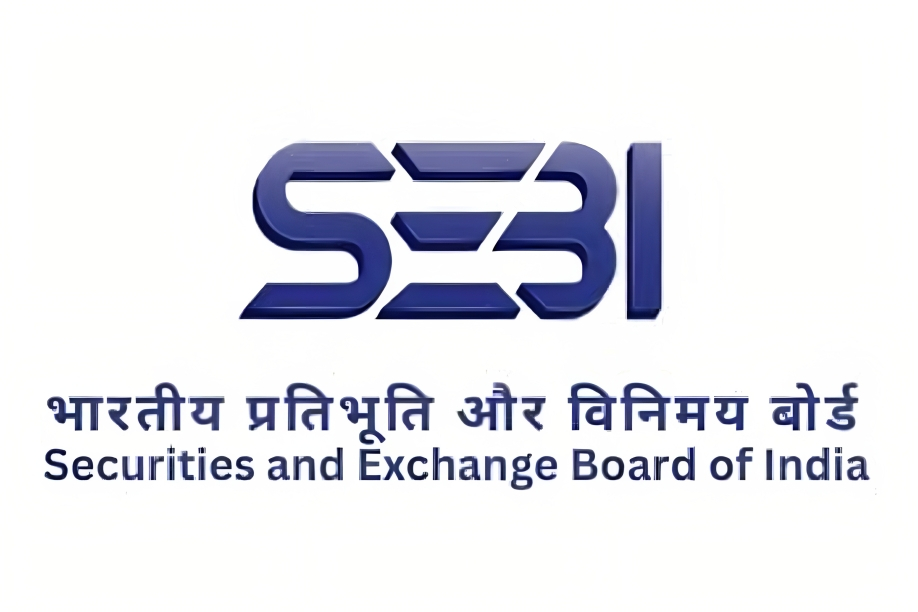
SEBI Considers Easing Compliance for PE and VC Funds
The Securities and Exchange Board of India (SEBI), the regulatory authority for the Indian capital market, is considering measures to simplify compliance and reduce costs for venture capital (VC) and private equity (PE) funds according to a report in The Economic Times. VC and PE funds have emerged as important sources of risk capital for businesses that often face challenges in accessing traditional funding from public markets and conventional banks.
SEBI recently reached out to several fund officials, requesting their suggestions on ways to alleviate the compliance burden faced by alternative investment funds (AIFs), which is the regulatory term for VC and PE funds. The move is seen as a step towards a comprehensive review of regulations governing AIFs. Many industry insiders have voiced concerns about the existing regulatory framework, suggesting that it may be excessive and burdensome.
Businesses turn to AIFs for equity investment for various reasons. Some companies may not be generating profits significant enough to attract investors through an initial public offering (IPO). Others may choose to delay listing due to strategic considerations, while some companies may be over-leveraged and desperately in need of fresh equity infusion, which traditional banks are unwilling to provide.
The number of AIFs in India has seen a significant increase, currently reaching around 1,000, with investments exceeding ₹1.3 lakh crore in the past two years. SEBI’s move to review compliance requirements reflects the regulator’s recognition of the critical role played by AIFs as a consistent source of finance for numerous businesses.
The consultation papers circulated by SEBI cover several aspects, including valuation methods, dematerialization of AIF units, treatment of unliquidated investments, distribution commission payments, investor consent for certain associate transactions, eligibility criteria for key team members, and the blind pool principle.
One contentious issue raised by the fund industry is the mandatory dematerialization of multiple classes of AIF units, which may add to the overall costs. SEBI had also explored the possibility of increasing the minimum investment requirement in AIFs from ₹1 crore to ₹2-3 crore for non-accredited investors with lower earnings and net worth, aiming to protect less knowledgeable investors.
Over the past year, SEBI has implemented various changes in AIF regulations, such as introducing a code of conduct for fund directors, managers, and intermediaries, specifying rules for the closure of funds, treating all investors equally, segregating assets and liabilities of different schemes, aligning fund tenure with the stated duration in the fund document, and establishing guidelines for addressing investor grievances.
SEBI’s intention to simplify compliance for VC and PE funds indicates a proactive approach to balancing regulatory oversight with facilitating the crucial role played by AIFs in financing businesses and fostering economic growth in India




